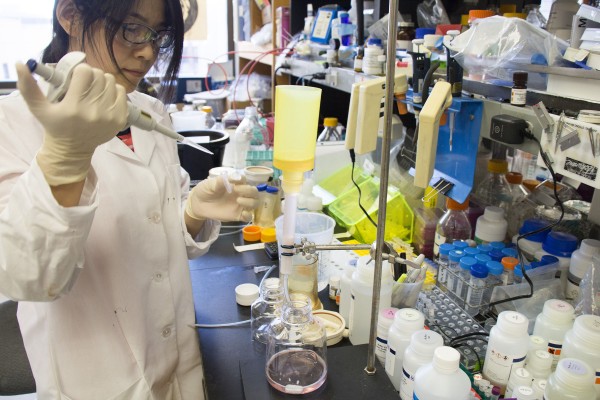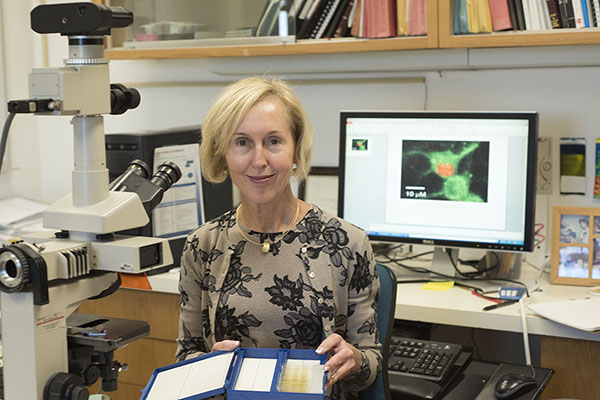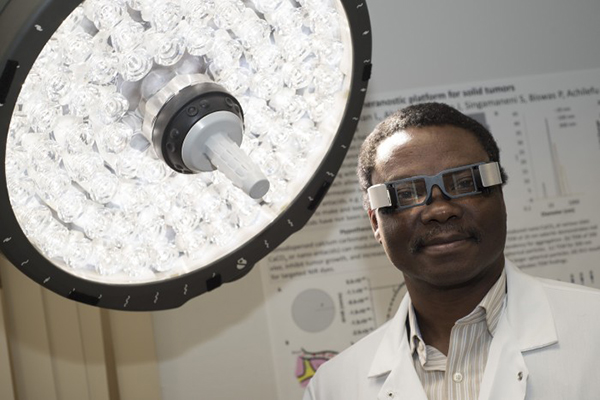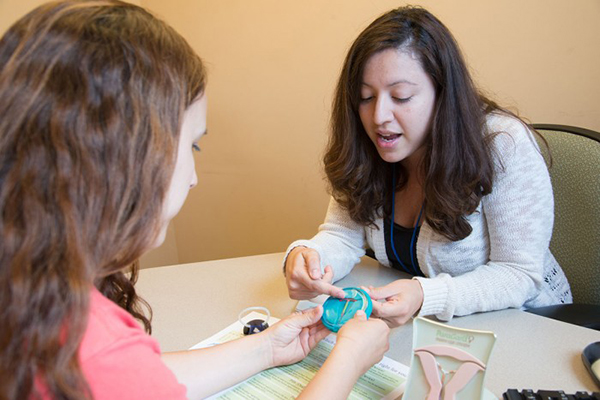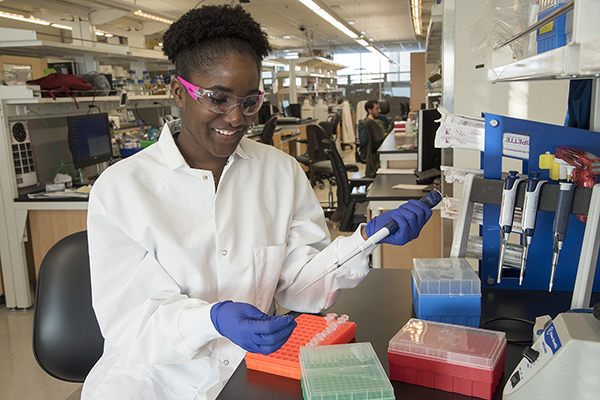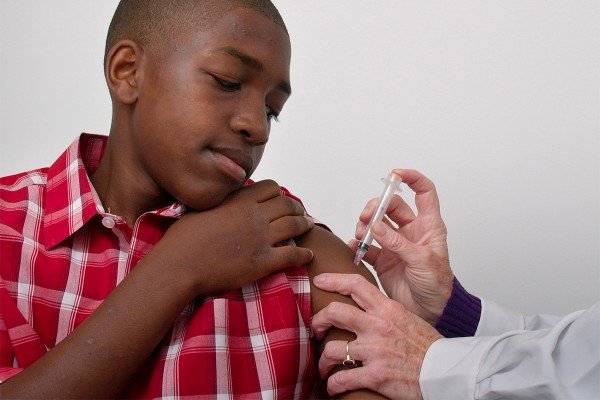Rise in marijuana use not as high as previously reported
Research, from Washington University School of Medicine in St. Louis shows that the rate of pot use did not double from 2002 to 2013 — as had been reported in the fall — and that the rate of problems related to the drug remained steady.
Fighting Zika: A team effort
Over the past seven months, two collaborating teams of scientists at Washington University School of Medicine – both focused on emerging infectious diseases – have redirected their efforts to concentrate on Zika virus.
New tool to prevent infection after C-section
A new study from Washington University School of Medicine in St. Louis offers strong guidance on the best way to reduce the infection risk. Rather than prepping patients with iodine-alcohol — a common antiseptic combination in C-sections — the research indicates that chlorhexidine-alcohol is significantly more effective.
Scientists more effectively control pain by targeting nerve cell’s interior
In real estate, location is key. It now seems the same concept holds true when it comes to stopping pain. New research co-led by the School of Medicine indicates the location of receptors that transmit pain signals is important in how big or small a pain signal will be and how effectively drugs can block those signals.
How do you create a hardware accelerator company? Like this
The creator of hardware accelerator Make in LA, 2002 Washington University alum Shaun Arora, talks about how his wildly varied life experiences informed his entrepreneurship.
Washington People: Samuel Achilefu
They look like futuristic eyewear. But the goggles developed by Samuel Achilefu, PhD, and his team at the School of Medicine have a much greater purpose: They help surgeons see and remove cancer. Achilefu discusses his journey from childhood to the development of the goggles, to what he hopes is yet to come.
Contraception not as affordable as health-care law intended
Although the Affordable Care Act (ACA) has benefited millions of women by reducing out-of-pocket spending on contraception, many still continue to have to pay for all or some of their contraceptives.
Scientists set up labs in newly opened research building
For years, faculty in the Department of Genetics have been scattered in six different locations on the Washington University School of Medicine campus. But with the move to the 4515 McKinley Research Building, most of its faculty members finally share the same address. The new building provides a setting that sows the seeds of collaboration and the generation of new ideas.
Making music fun for kids
A Q&A with Washington University alum Jacob Zax, founder of Edify. The seven-person Denver company dedicated to making music education more accessible, creative, and fun for kids.
Siteman: On the front lines in the fight against HPV
Most cancers caused by the human papillomavirus (HPV) are preventable with a vaccine. Yet the infection is responsible for 27,000 cancer diagnoses each year in the U.S. Siteman Cancer Center and the School of Medicine is joining with the 68 other National Cancer Institute-Designated Cancer Centers to promote HPV vaccination and reduce that number.
View More Stories

